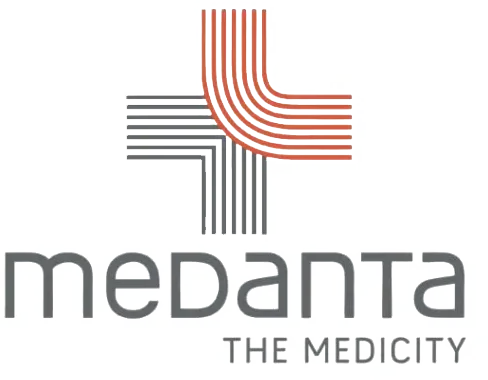Pneumonia, a lung infection that can cause inflammation of the air sacs in the lungs, can be a serious condition that requires prompt treatment. During this time, the body needs adequate nutrition to fight off the infection, maintain energy, and support the immune system. However, certain foods can complicate the recovery process and worsen symptoms. This blog will outline foods to avoid during pneumonia to ensure a smoother and quicker recovery.
Contents
- 1 Processed and Junk Foods
- 2 Dairy Products (In Some Cases)
- 3 Caffeinated Beverages
- 4 Alcohol
- 5 Fried and Greasy Foods
- 6 Heavy Meats
- 7 Sugary Foods and Beverages
- 8 Spicy Foods
- 9 Highly Acidic Foods
- 10 Foods That Trigger Allergies or Sensitivities
- 11 Conclusion
- 12 Frequently Asked Questions (FAQs)
- 12.1 Q1. Why should I avoid processed foods during pneumonia?
- 12.2 Q2. Can I consume dairy products while recovering from pneumonia?
- 12.3 Q3. Is caffeine bad when I have pneumonia?
- 12.4 Q4. Why is alcohol discouraged during pneumonia recovery?
- 12.5 Q5. Are fried foods harmful when recovering from pneumonia?
- 12.6 Q6. Should I avoid red meat with pneumonia?
- 12.7 Q7. How do sugary foods affect pneumonia recovery?
- 12.8 Q8. Is it okay to eat spicy foods during pneumonia?
- 12.9 Q9. Can acidic fruits make pneumonia symptoms worse?
- 12.10 Q10. What if I eat something I’m sensitive or allergic to during pneumonia?
Processed and Junk Foods
When battling pneumonia, your body needs nutrients that strengthen your immune system and promote healing. Unfortunately, processed and junk foods—such as fast food, chips, cookies, and sugary snacks—are often high in unhealthy fats, sugar, and sodium. These foods offer little nutritional value and can cause inflammation, worsening symptoms like coughing and fatigue.
Why avoid them?
- Processed foods are typically low in vitamins and minerals essential for recovery.
- High levels of salt can dehydrate the body, which is particularly detrimental when you’re fighting an infection.
- Refined sugars may suppress the immune system, making it harder for the body to fight off pneumonia.
Dairy Products (In Some Cases)
Dairy products like milk, cheese, and ice cream are known to sometimes exacerbate mucus production in certain people. While not everyone with pneumonia will be affected, some individuals may find that consuming dairy leads to thicker mucus or an increase in coughing.














 +91-9818045855
+91-9818045855
